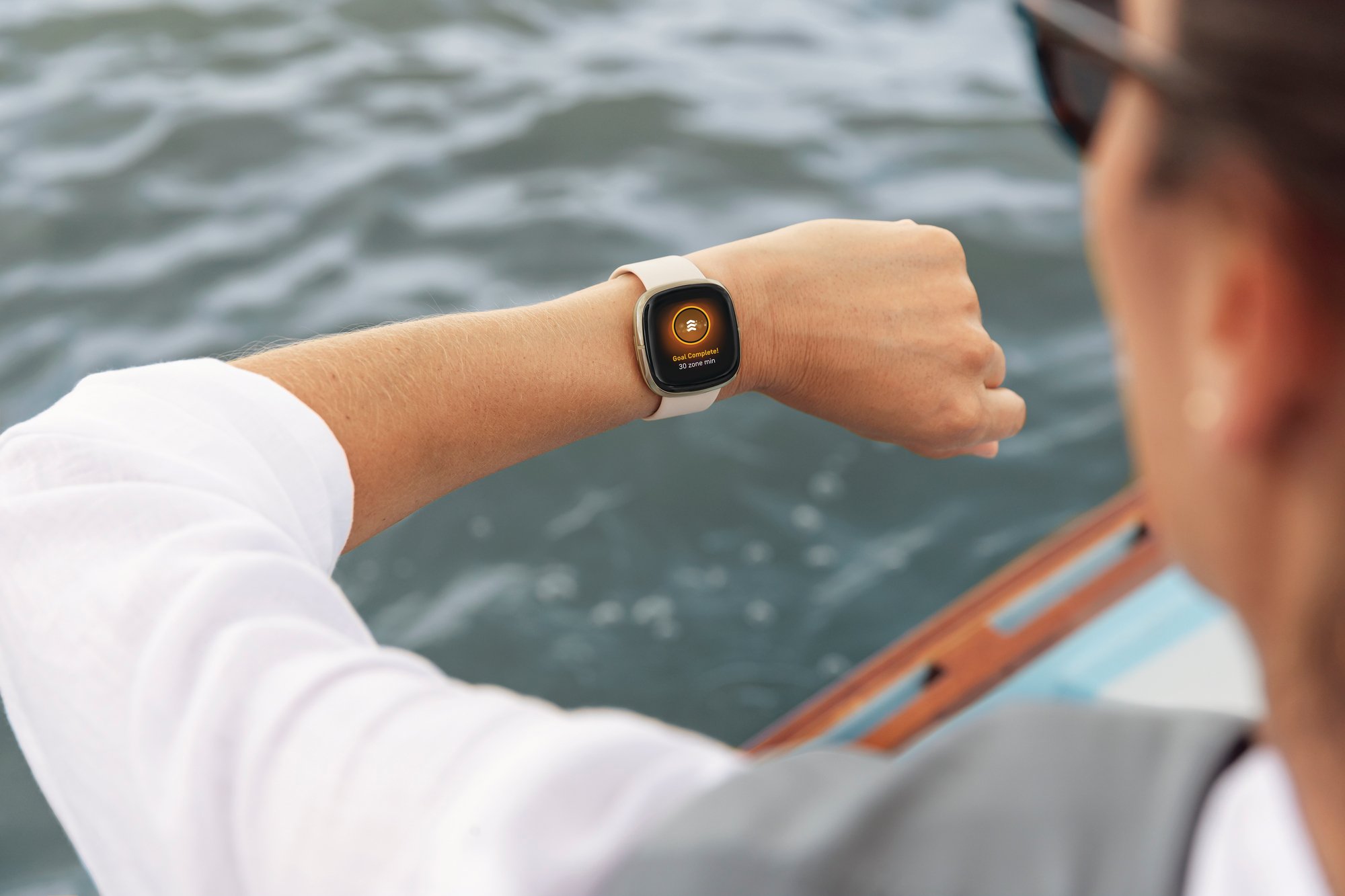If Fitbit (FIT +0.00%) truly wants to remain relevant as the wearables market slowly transitions away from single-purpose fitness trackers toward multipurpose smartwatches, it needs to get better at software. At least that's the opinion that Morgan Stanley analysts Yuuji Anderson and Katy Huberty expressed in a research note today (via Tech Trader Daily). The distinction -- one that Steve Jobs perfectly described over a decade ago and the tech industry has embraced ever since -- is that hardware is immutable after a product is created, while software can be updated after the fact.
Fitbit hasn't really made dramatic improvements in the hardware and sensors that it includes in its devices, which is a potential challenge. The company's products may struggle without "persistent software improvements," according to the analysts. Fitbit can improve hardware functionality through the use of software.

Image source: Fitbit.
Fitbit is keenly aware
With Fitbit shares hovering near all-time lows (Morgan Stanley trimmed its price target to $6.50) amid slowing sales, the company is quite aware of the challenges it faces. Fitbit is also clear with its vertically integrated approach, often highlighting new software features. Software is a frequent topic of discussion on earnings calls. For example, here's CEO and co-founder James Park in November:
Yes, and on the innovation side, there has been a large increase in R&D, but most of that has been on the software side. And when I say software, it includes our site, our mobile apps and, more importantly, the software that runs on the devices, as well. What we're seeing is that the complexity of the hardware increases, the complexity of software that runs on those devices also increasing. You can see that with Blaze, which was our first foray into the watch form factor.
But making your own app isn't enough these days. The real challenge when it comes to software will be creating a platform that supports third-party apps.
Actions speak louder than words
Beyond Park's comments, investors can feel reassured by the actions that Fitbit has been taking over the past couple of years to strengthen its software prowess. Specifically, the Pebble acquisition last year was all about software. While Pebble failed to create a viable platform, it had the bones that could provide a foundation for Fitbit to build one. Just a few days ago, Park confirmed to The Verge that Fitbit's upcoming smartwatch (which has hit some developmental challenges) will indeed support third-party apps.
Park clarified to the tech outlet that it won't be an "app store" per se, but more of an "app gallery." That measured approach is probably the correct one, since attempting to create a full-blown smartwatch app store would put Fitbit in even more direct competition with iOS and Android Wear, as if it weren't already in tech giants' crosshairs. By starting off with a carefully curated handful of apps, Fitbit can slowly build up its software platform.




